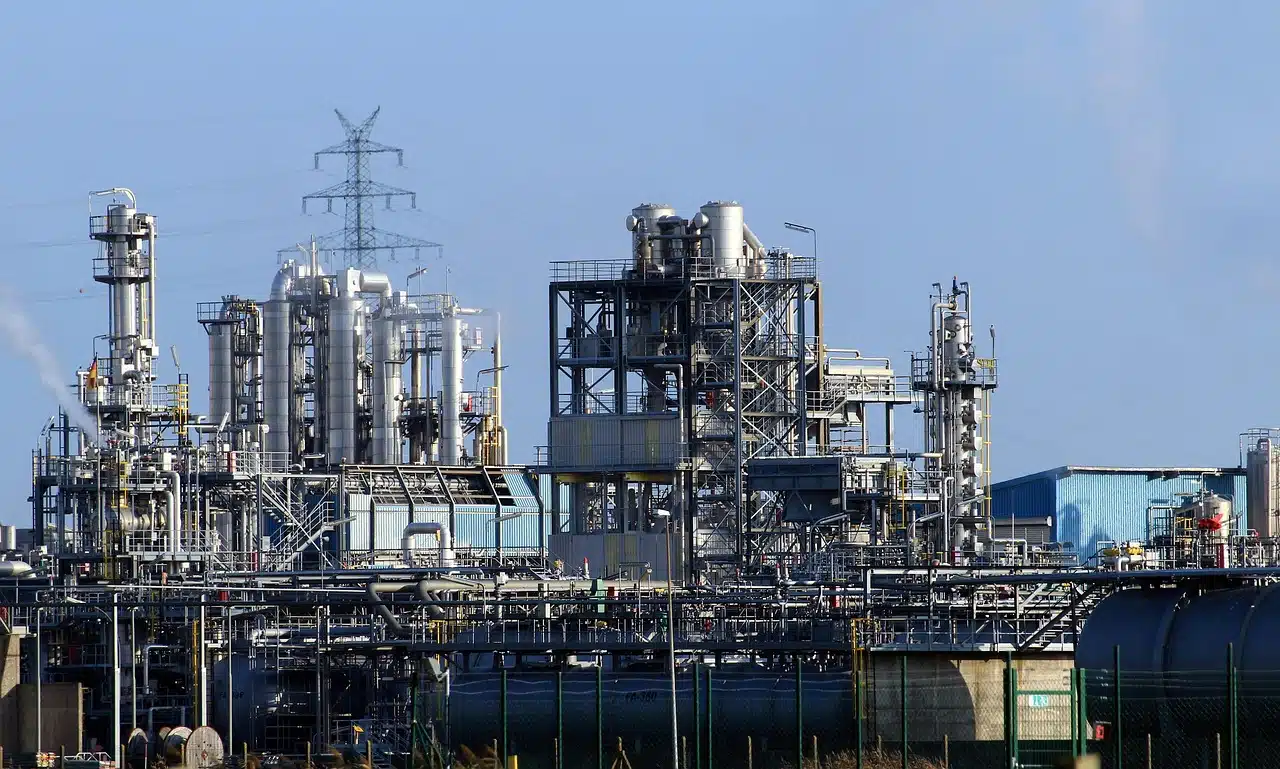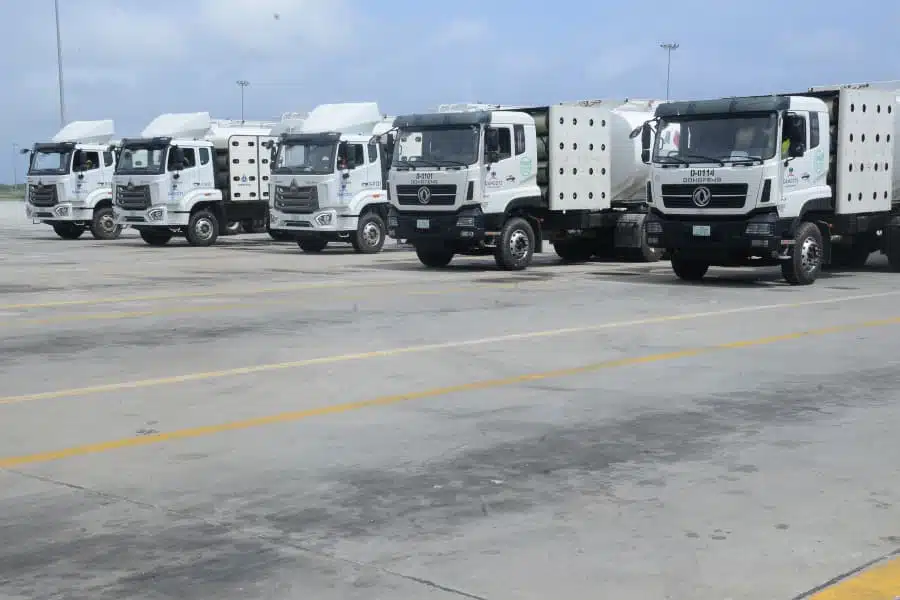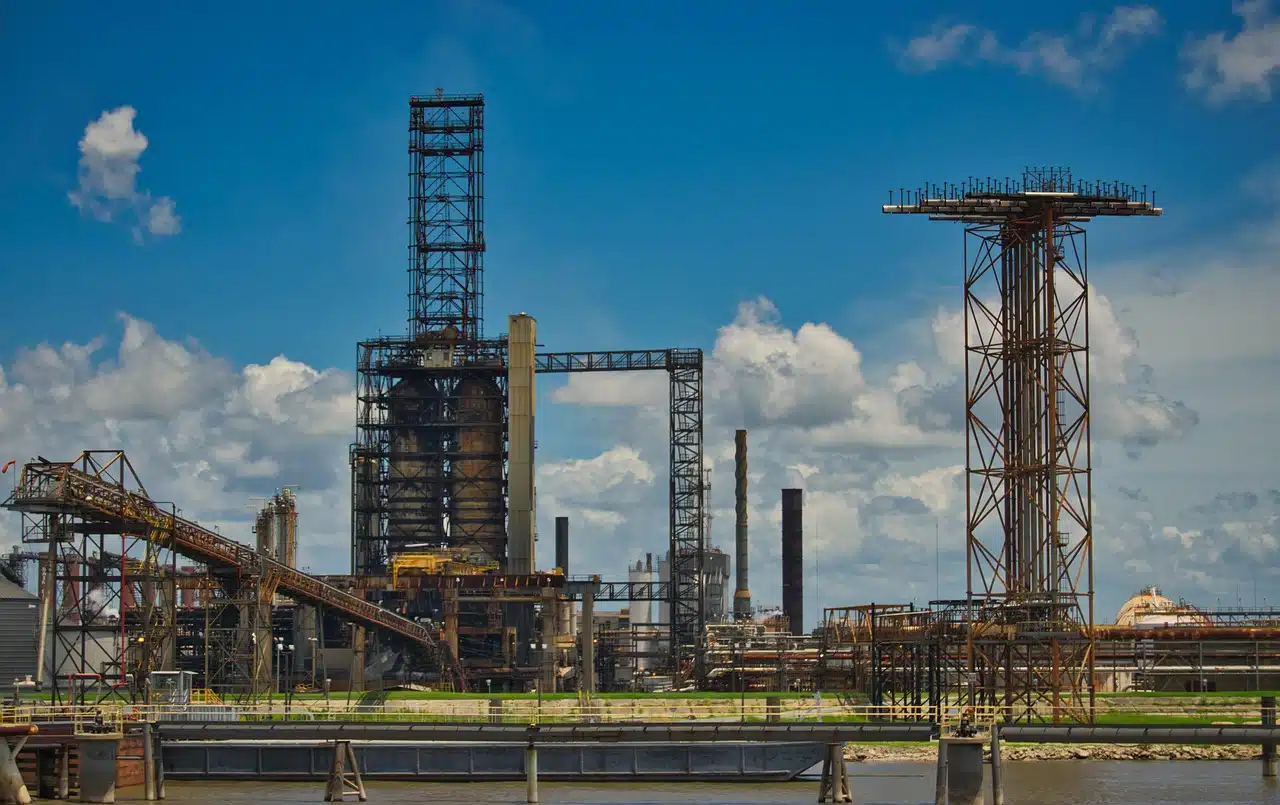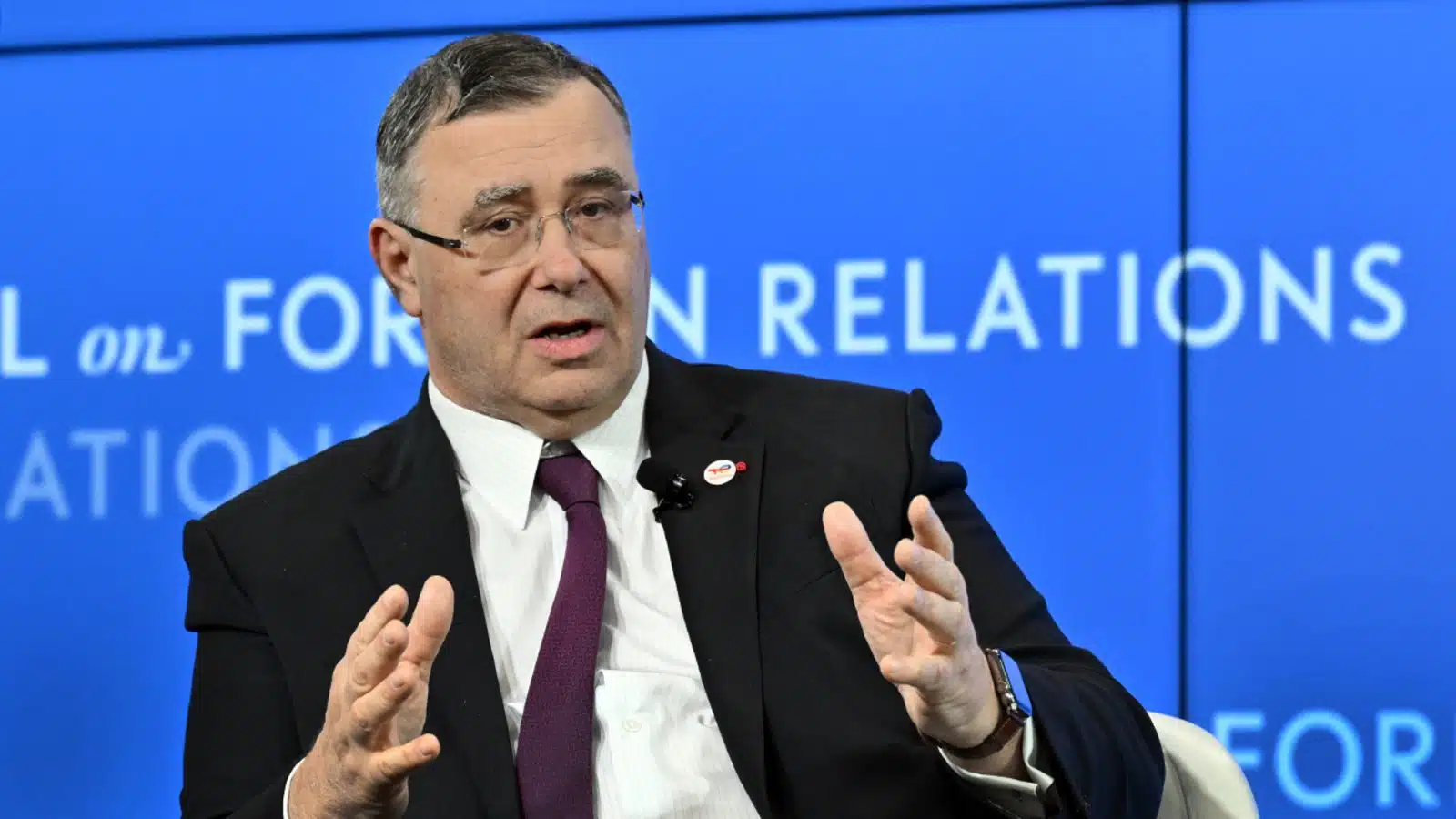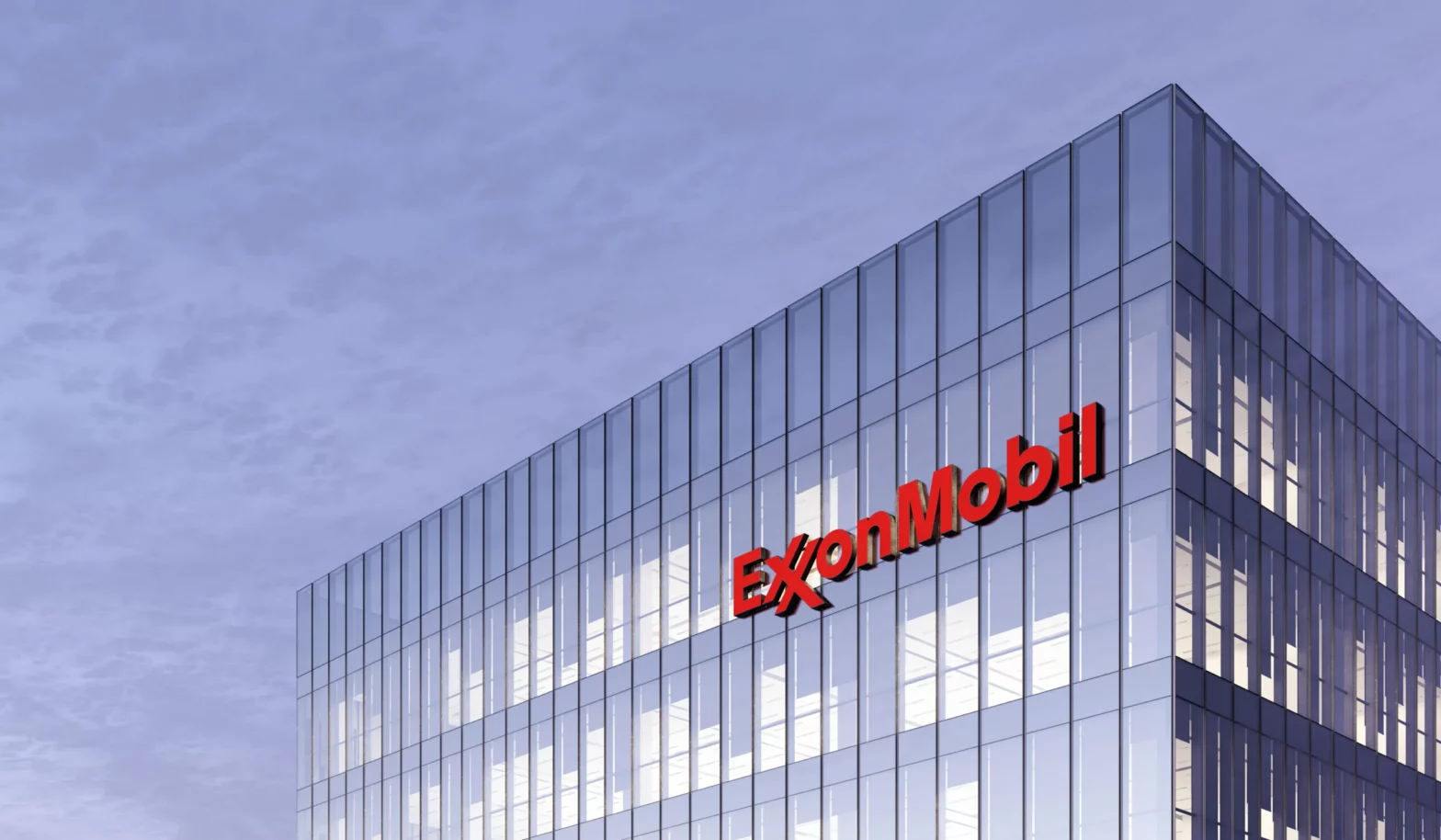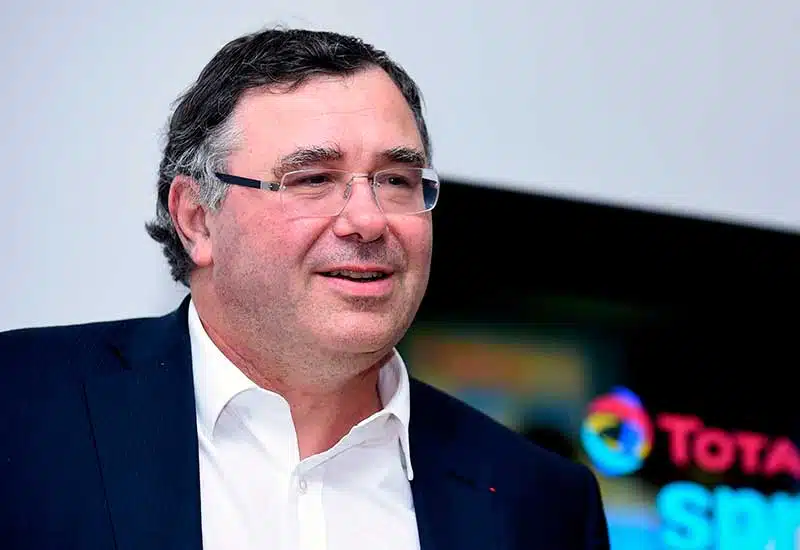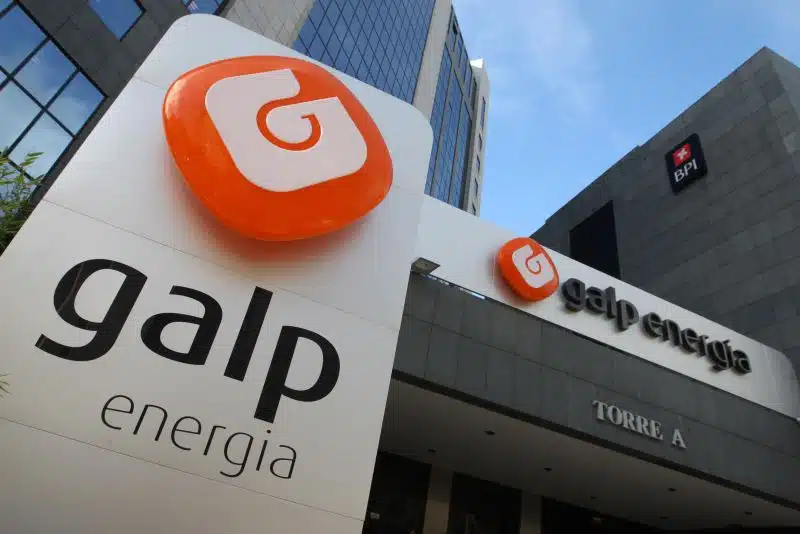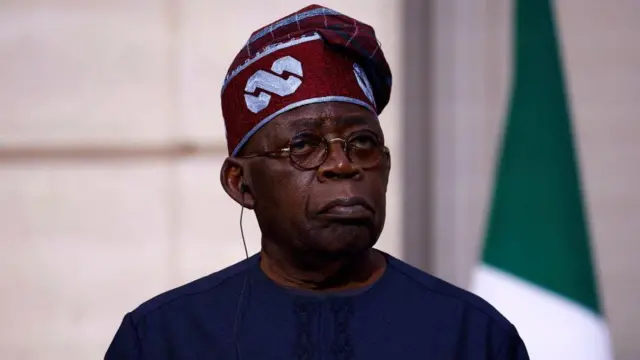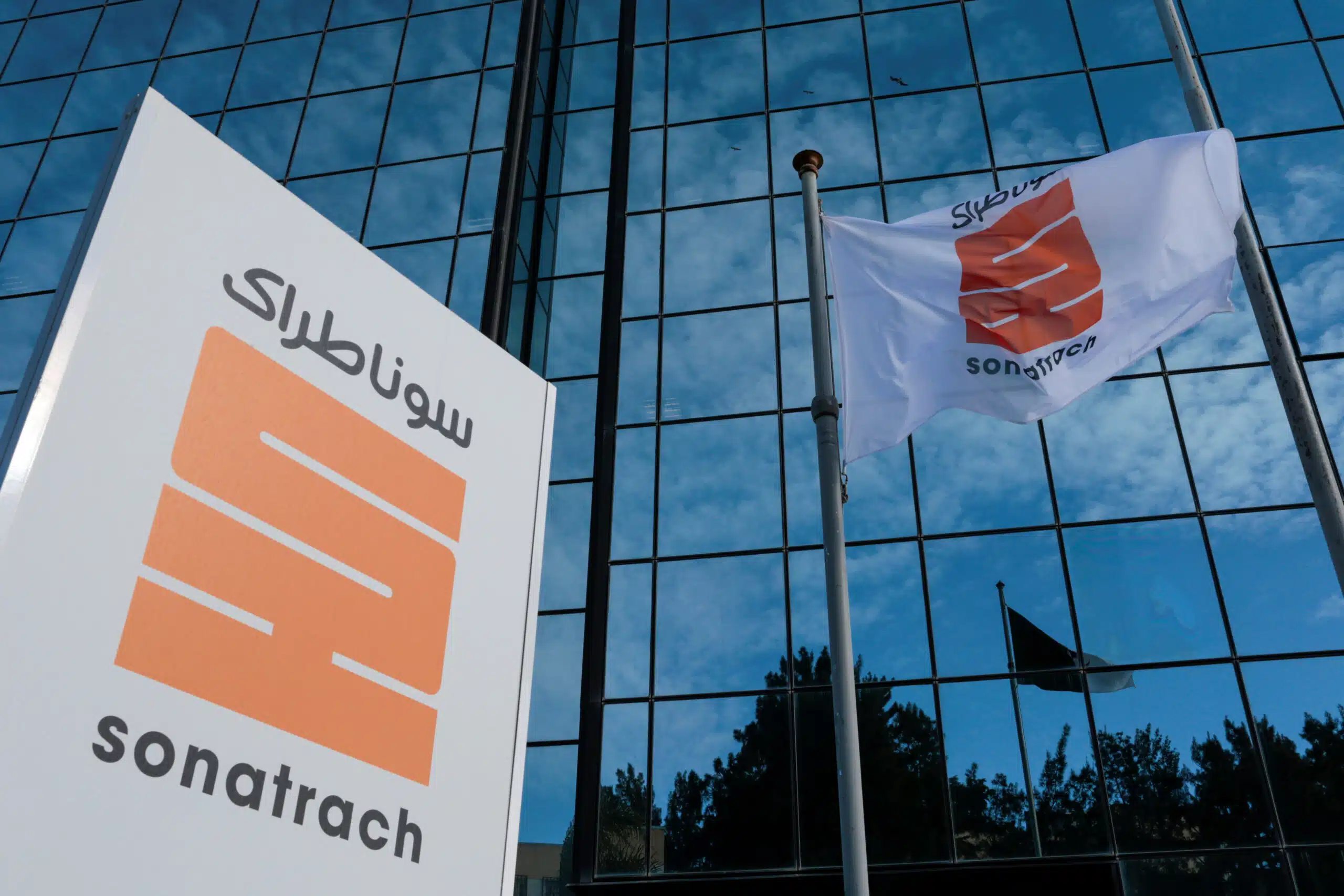The International Monetary Fund (IMF) has advised Nigeria to adjust its 2025 national budget to reflect the reality of declining global oil prices, which was around $68 per barrel on Wednesday.
The country’s budget is predicated on an optimistic benchmark of $75 per barrel and 2.06 million barrels per day in production.
Meanwhile, oil prices traded around $68 per barrel on Wednesday and the country’s oil output still hovers around 1.5 million barrels, a far shy of over 500 million barrels from target levels.
The IMF says these assumptions are unrealistic in the current energy market.
Speaking to Reuters on Wednesday, IMF mission chief for Nigeria Axel Schimmelpfennig, noted that Nigeria’s oil benchmark price and targeted oil production remains far from reach and could expose the country to fiscal and external vulnerabilities.
“The international economic environment that Nigeria lives in and operates in is marked by the very, very large uncertainty, and in particular, international oil price volatility impacts Nigeria directly through the fiscal and the external balances as well as inflation,” Schimmelpfennig said.
Poverty, inflation, and the need for social support
In addition, the IMF says the budgetary adjustment is necessary to enable the oil-dependent economy scale up cash transfers to shield the most vulnerable parts of its population that face hunger and poverty.
“Turning to our policy messages, the key challenge now is to tackle high poverty and food insecurity,” the Fund’s country chief said.
In its latest Article IV assessment, the international agency noted that while Nigeria’s economy is growing—3.4% expected in 2025 and 3.2% in 2026—growth remains low on a per capita basis, and inflation continues to run high.
The Fund emphasized the urgent need to expand cash transfer programs to address widespread poverty and food insecurity, but acknowledged challenges such as limited data and low banking penetration among the poorest.
To stabilize the economy, the IMF recommended that Nigeria maintain a tight fiscal stance, ensure a positive real interest rate, and continue with central bank reforms that have already improved foreign exchange market stability.
“Keeping the fiscal deficit a percent of GDP unchanged, compared to 2024 will be important to support the fight against inflation,” he added.
Fiscal adjustments and monetary discipline recommended
The Fund said Nigeria, whose cost of producing oil is among the highest in the world, needs to recoup fuel subsidy savings and appropriate it well.
Meanwhile, a new book by the former boss of Nigeria’s anti-graft agency reveals the country lost up to $450 million to subsidy fraud from 2006 to 2012.
Annual fuel subsidy savings, estimated by the IMF to be 2% of GDP, and administrative gains could help raise some domestic revenues.
Investors, the IMF noted, have responded positively to recent FX reforms, with increased confidence in the naira and improved capital repatriation options.
“When we talk to investors, they’re happy. They can invest in Nigeria, and when they want, they can bring their proceeds out. You look at the parallel market and the official rate, they’re aligned, Schimmelpfennig said.
He confirmed that these reforms have been far-reaching in balancing demand and supply fundamentals.
Nigeria accounted for the most of the Final Investment Decisions (FIDs) that came into Africa’s oil and gas industry in 2024.
Big oil companies have also in recent years been investing heavily in the country’s offshore assets, which holds an equivalent of 13 billion barrels of oil.
The way forward for Nigeria
Nigeria’s $36.6 billion 2025 budget has had a tumultuous start this year, occasioned by US President Donald Trump’s reciprocal tariffs
The budget got a brief breather in the height of the recent military escalation between Iran and Israel, during which time oil prices rose to record levels seen yet in recent years.
ICE Brent, against which Nigeria’s Bonny Light is benchmarked, saw the largest single-day gain since February 2022.
But that was only a ray of momentary hope and didn’t offer the sustained support for the country’s budget, worsened by the current delays in getting a $5 billion oil-backed loan from Saudi Aramco.
“Achieving the government’s 2025 budget targets will require additional measures, largely reflecting the drop in oil prices compared to when the budget was approved,” Schimmelpfennig said.

